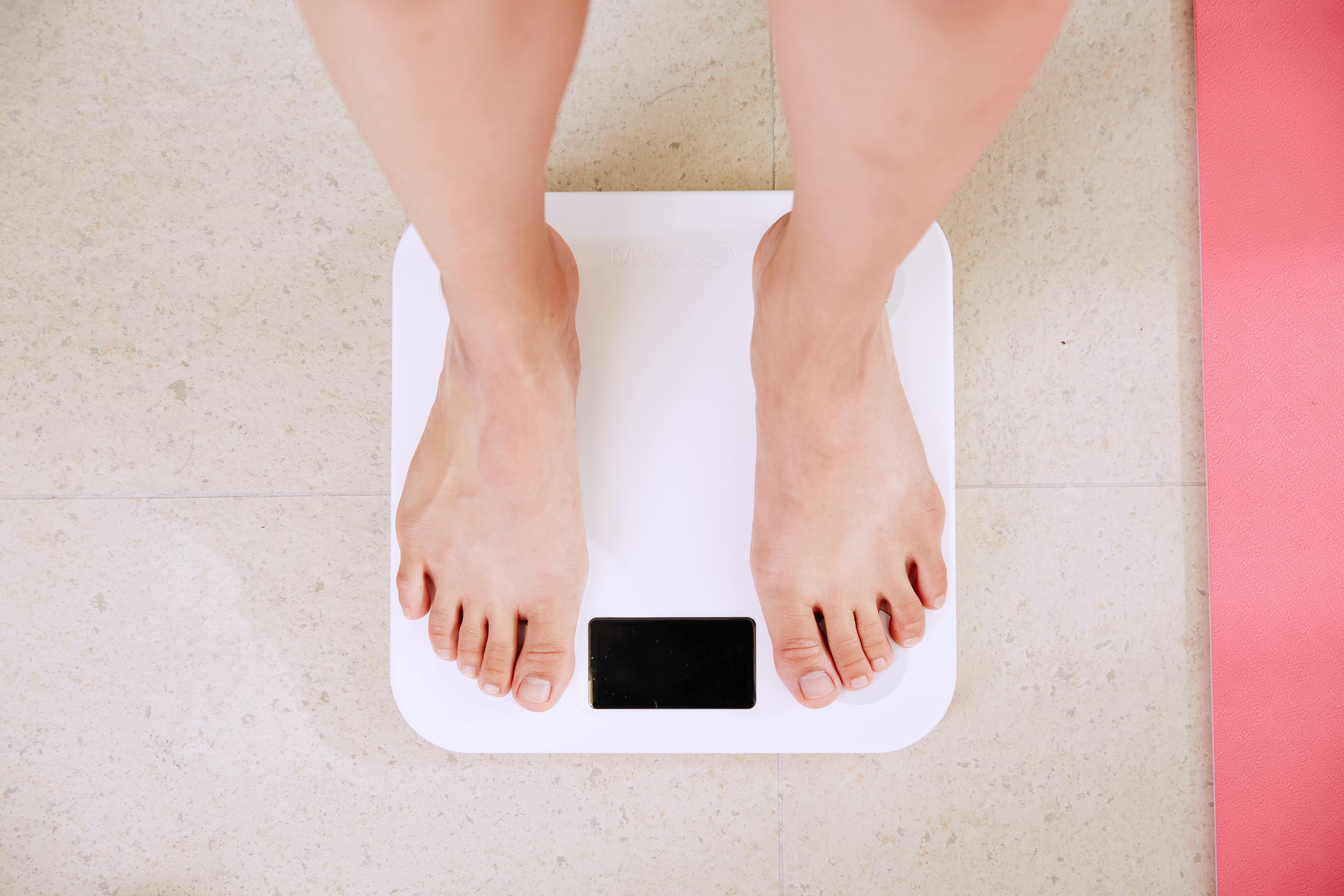Does Your Weight Really Matter? | What The Scale WON'T Show You
The weight scale is perhaps one of the most common tools which people use to monitor & judge their fitness progress.
However, more often than not, it is something that can actually leave you frustrated and totally kill your motivation.
The scale is in fact the single most powerful mood-shifter!
And though your weight is one of the important variables to track, whether you are losing or gaining weight, it does not really give you an idea of the bigger picture.
This is exactly why it should not be the primary merit of progress, whatever your goal is.
In this article, we are going to explain the other, important things you should keep track of and how to actually use the scale so you can make it a functional part of your plan.

Now let’s get to it!
Does Your Weight Matter?
Now, surely, the scale has its applications on your way to a healthier body, which is why we are not telling you to completely give up on using it.
Even more so, your weight is a very important variable when it comes to calculating your daily calories, macronutrient needs, or even the intake of certain supplements, which are based on the individual’s weight.
And though that stands true, we will say it again - The number on the scale MUST NOT be your ONLY merit of progress.
There are many other things that you should keep track of, while also utilizing the scale to the best extent possible, without letting it crush your mood.
The Scale & What It Does NOT Show
Okay, think about it - Can one single number really show you everything there is to know about your fitness?
Is this number everything you really need to determine whether or not you are fit enough?
Well it may be, but ONLY if you are an athlete who’s looking to get into their weight division come competition day.
For the general population, weight should only represent a small percentage of the things we judge progress on.
It is a fact that the scale cannot show you things such as:
- Your body composition (Lean body mass to fat ratio)
- How you look in the mirror (duh)
- Water retention (some days you are heavier but that’s not because you gained fat)
- Athletic performance (strength, endurance, etc.)
All of the above are far more important metrics of progress and if you only rely on the number that the scale shows, you are in for some massive disappointments.
HOWEVER, if you weigh yourself correctly and relate the change in weight to other parameters, such as the ones from above, you will have a much more realistic idea of your progress.
How To Use The Scale (The Right Way)
If you want to make your weight scale a viable tool on your fitness journey, rather than something that will shake your beliefs and motivation, PLEASE use these tips below:
1. Monitor your TRUE weight
Whenever you get a weight in, make sure it is IN THE MORNING, before eating, after going to the toilet, and with just underwear.
THIS is your true weight!
If you weigh yourself on the same day, at the same time, before eating anything and after going to the bathroom, you will get the most accurate reading possible.
Otherwise, you risk weighing the food you took in, the water you drank, the fluids you retained, etc.
2. Adjust Nutrition Based On Weight & Goals
For the goal of sustainable weight loss and maintenance of lean body mass (lbm), you have to lose no more than 1-2 lbs a week.
If your true reading shows a loss greater than 2 lbs for the week, don’t be afraid to bump up the calories slightly.
If on the other hand, the reading shows an insignificant loss of weight, decrease calories slightly.
Oppositely, if you are trying to gain weight, aim for no more than 0.5-1 lbs a week.
This will allow you to avoid any unnecessary fat gains and thus, take less time to shred down afterward.
3. Don’t just set a “weight goal”
If you narrow everything down to the number on the scale… You’re in for disappointments.
Whenever you get a reading on the scale, whatever it is, set goals for your strength, endurance, visual look, mood, energy, etc, etc.
This will help keep you motivated and also, will give you a different perspective on the bigger picture.
Important Takeaways
Though your weight is an important variable when determining progress, setting up & adjusting a diet, it is NOT the only thing you should narrow your progress down to.
The scale does not show more important things like body composition, strength levels, mood, and more importantly, how you actually look.
Ultimately, your best bet is to monitor your progress on all variables possible, to ultimately determine whether your work is paying off well or your plan needs adjustments.
.png)